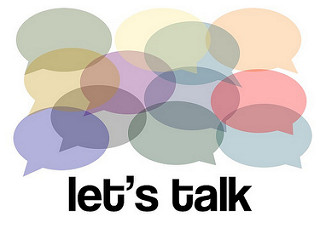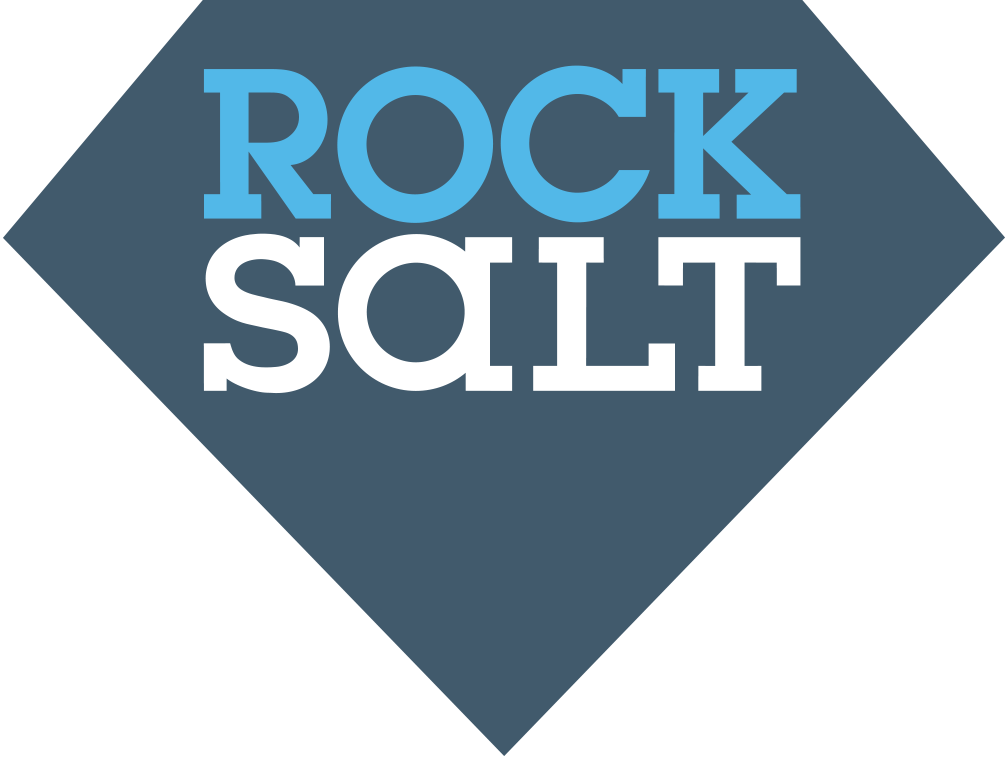We all know and use cliches; they’re a dime a dozen. They spring easily to and from the tongue, they’re easily understood, they simplify complex concepts and they’re evocative. But are they really that effective at grabbing attention? Unsurprisingly, neuroscience says no.

It all comes down to the processes that go on in our brains when we read. Classical neuroscience (which isn't as old as it sounds) viewed the brain as a system of discrete parts, one for language, one for motor control and so on, with each responsible for its own area. But classical neuroscience is wrong. In fact, almost anything we do involves a range of mechanisms in different areas of the brain. For instance, a Finnish study found listening to music stimulates emotional, motor and creative parts of the brain as well as audial.
If you've ever been reading about a grim winter’s night and felt a chill yourself, it won’t come as much surprise that similar sorts of brain activity happen when you pick up a book. Instead of just activating linguistic centres of the brain, reading also draws on other sensory receptors to link what you’re reading with things you've experienced. So if you read the sentence, “I had a rough day”, your textural sensory receptors light up, linking the words on the page with past experiences of roughness — scraping your knee on concrete perhaps. It’s important to note that despite the similarity in meaning, “I had a bad day” doesn't activate the same sensory centres; the experiential link just isn't there for “bad” like it is for “rough”.
On the other hand — and finally getting to why cliches suck — this sort of metaphorical, abstract language only possesses such a striking effect when it’s novel. It’s not just the language itself, it’s how fresh and evocative it is. The more you read and hear the same sorts of figurative language, the less your brain makes the effort to tie it to more abstract concepts; they cease to become moving, inspiring metaphors and remain simply words on the page. So the next time you hear the expression “rough day”, it might not seem nearly as powerful, but “a day like being dragged under a bus” is sure to get a reaction.
What I’m getting at here is the immense importance of being genuine, creative and inspired in your writing. While cliches will always do, they’ll never create the sort of impact that a new expression can. And if it’s a choice between a humdrum sentence and one that gives your audience something to really grab onto, well...what kind of choice is that really?

































